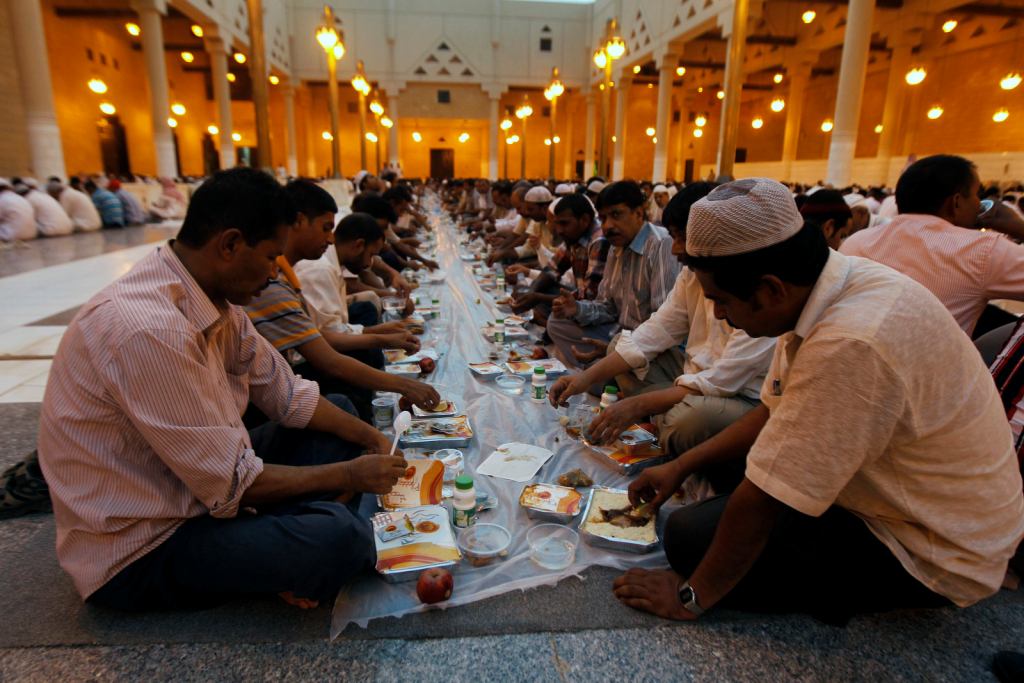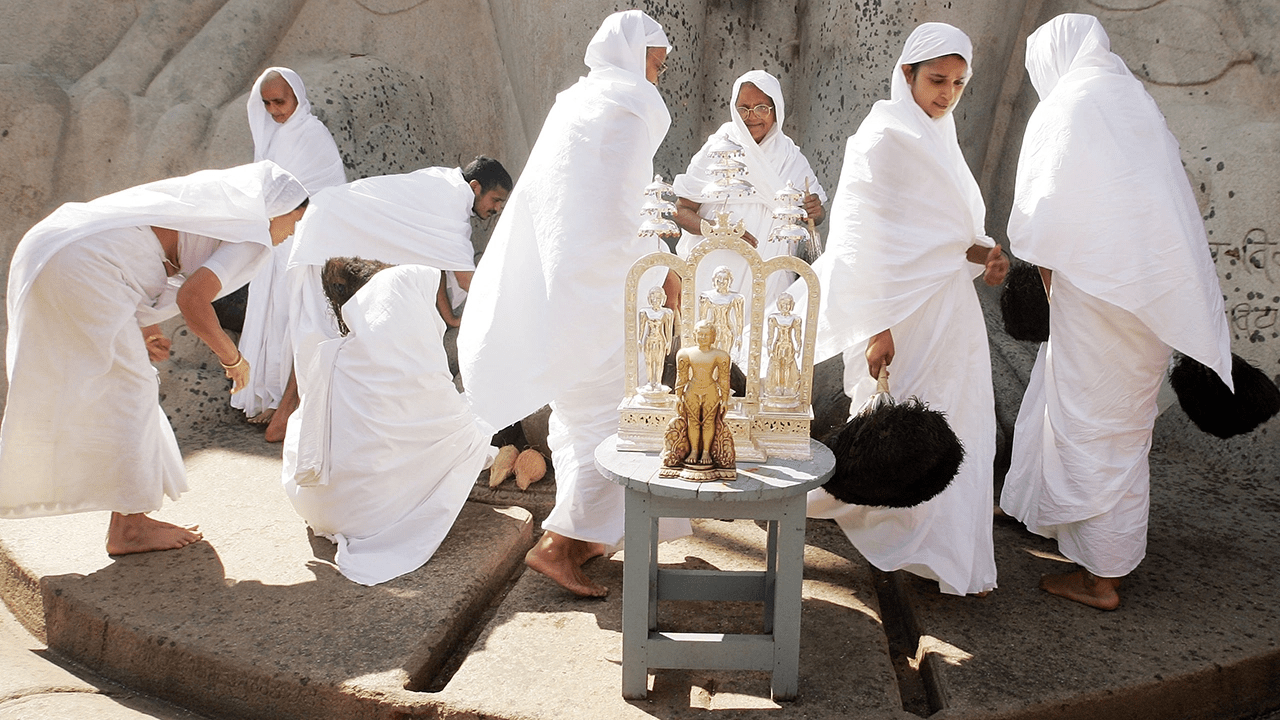For centuries, people have practised abstinence from the comforts and pleasures of everyday life as a way to regain a spiritual focus and connectedness. Fasting has been a widespread practice across religions and cultures that entails refraining from eating completely, or almost completely, for a specific amount of time.
Recently, the practice of fasting has been mainstreamed in popular culture as a way to lose weight, improve metabolism, prevent or slow disease and possibly increase life span.
Rozalyn Anderson, an associate professor at the University of Wisconsin’s School of Medicine and Public Health, has studied the benefits of calorie restriction. She believes that “having a fasting period every day could reap some of these benefits […] it gets into the idea that fasting puts the body in a different state, where it’s more ready to repair and surveil for damage.
Far from new, the practice of fasting has been embodied in religious doctrine and embraced by the pious for millennia. However, there are varying differences in the practice of fasting across cultures.
In Greek Orthodox Christianity, people fast for a total of 180 – 200 days each year, and their main fasting periods are the Nativity Fast (40 days prior to Christmas), Lent (48 days prior to Easter), and the Assumption (15 days in August).
Christian fasting does not involve a complete abstinence from food, rather, sparse eating – it is more common for an individual to give up a particular food or habit.
According to Reverend Marc Lavarin, the Assistant Minister at the Alfred Street Baptist church in Alexandria, Virginia, a “common thing people tend to eliminate during Lent is chocolate or sugar, but since fasting doesn’t necessarily have to do with food, some people will also give up social media or TV.”
In Islam, fasting is considered one of the five pillars that form the belief and actions of practising Muslim. During Ramadan, the ninth month of the Islamic lunar Calendar, Muslims refrain from food, water, smoking and all sensory pleasures. Fasting in Islam is viewed as a method for spiritual introspection, repentance and showing empathy with the poor.

For Muslims, fasting can enable the believer to better perceive the ultimate reality of God which involves all five senses – touch, sight, hearing, smell and taste, according to the 12th-century theologian al-Ghazali.
On the other hand, Jainism is an ancient religion from India which teaches that liberation and bliss is achieved through leading lives of harmlessness and renunciation. Fasting in Jain tradition is more focused on asceticism, the virtues of self-discipline, non-attachment and restraint.
For eight to ten days, during the holiday of Paryushan, is the time when Jains practice the core tenets of the faith through fasting and studying. During Paryushan, the types of fasting include the complete avoidance of food, partial eating, eliminating rare or expensive foods and avoiding sexual temptations.
However, it remains true across all religions, fasting brings a shock to the human body which is manifested both physically and mentally. The abstinence from worldly needs and desires give way to spiritual contemplation and reflection. Therefore, allowing the mind, body and soul to enter a new state of awareness and healing.






Comment (1)
[…] بعد رمضان: ممارسة الصيام عند الأديان ملهمة فرنسية: بيت السناري […]